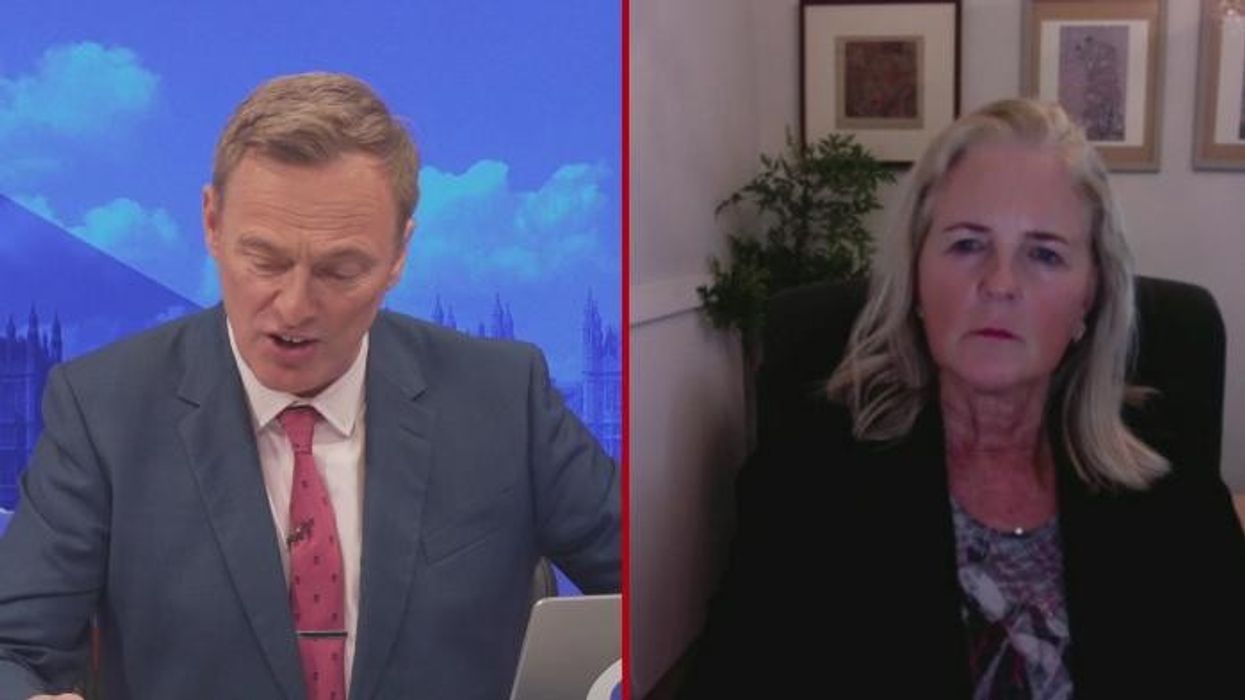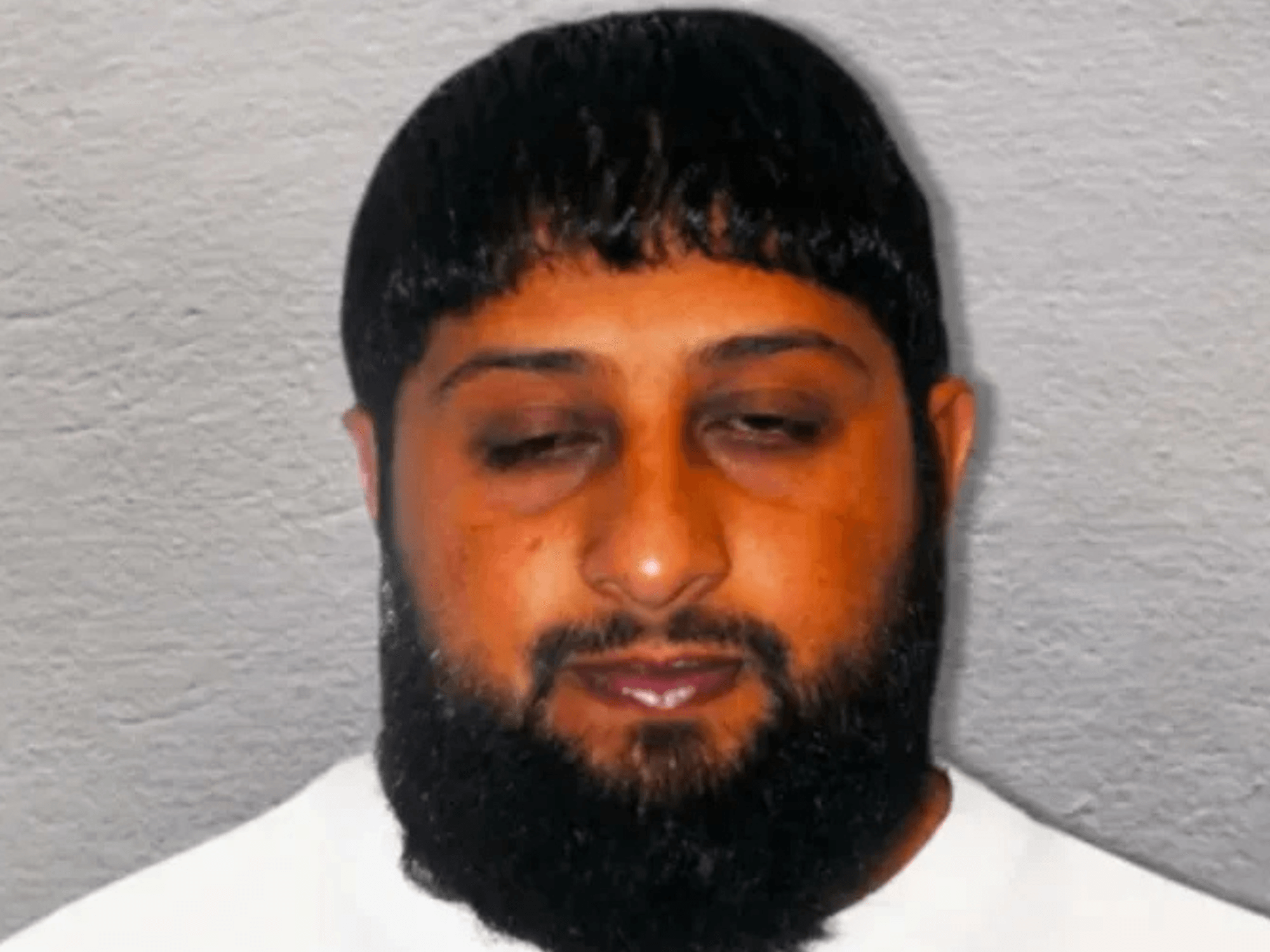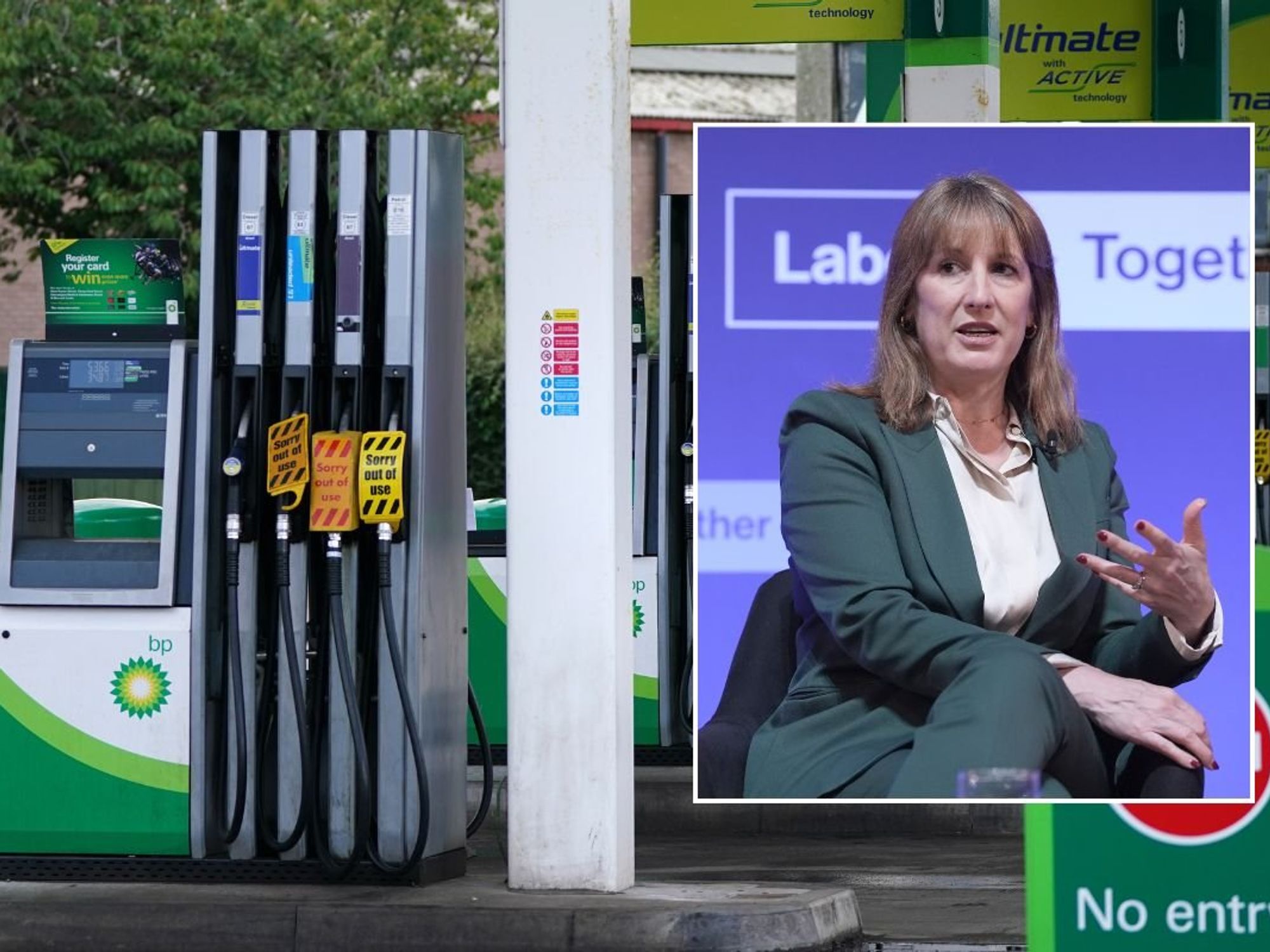World's biggest trans children study to include British toddlers

The gender identity study is the largest of its kind
Don't Miss
Most Read
Trending on GB News
Academics will study thousands of children who seek support from NHS gender identity services which includes toddlers.
Experts said there is "limited evidence about how best to support young people who experience gender incongruence", with previous studies looking at fewer children and research teams reporting high dropout rates among those involved.
Academics from King’s College London will track up to 3,000 children under the age of 18 who seek help through NHS Children and Young People’s Gender Services, with recruitment expected to start in the autumn.
It was revealed earlier this year that nursery-age toddlers who believe they are transgender are among those receiving treatment in the form of counselling and therapy through NHS specialist gender clinics after a minimum age limit of seven years old was canned.
On its website, King's College London says the study is open to "all young people" attending the NHS Children and Young People’s Gender Services.
The new research project, dubbed Pathways Horizon, will track the physical and mental health and wellbeing of children over a number of years.
It could highlight differences among children with autism and ADHD and potential differences among those seeking care based on their gender at birth.
"There have been an increase of about 20-fold in the number of children and young people presenting to gender services in the UK, said chief investigator of the study Emily Simonoff, professor of child and adolescent psychiatry at King’s College London.
LATEST DEVELOPMENTS:
Academics are to study thousands of children who seek support from NHS gender identity services
|GETTY
"That’s actually an international trend in other high-income countries in Europe, the US and Australia, and we don’t fully understand why.
"We know that there are differences in the children and young people who are presenting to services. And, most notably, that there’s a marked increase in the number of birth-registered females who are presenting to services.
"That means that we need to collect evidence about what are the care and support needs for the group of children, young people who are currently attending services. And that’s what Pathways aims to do."
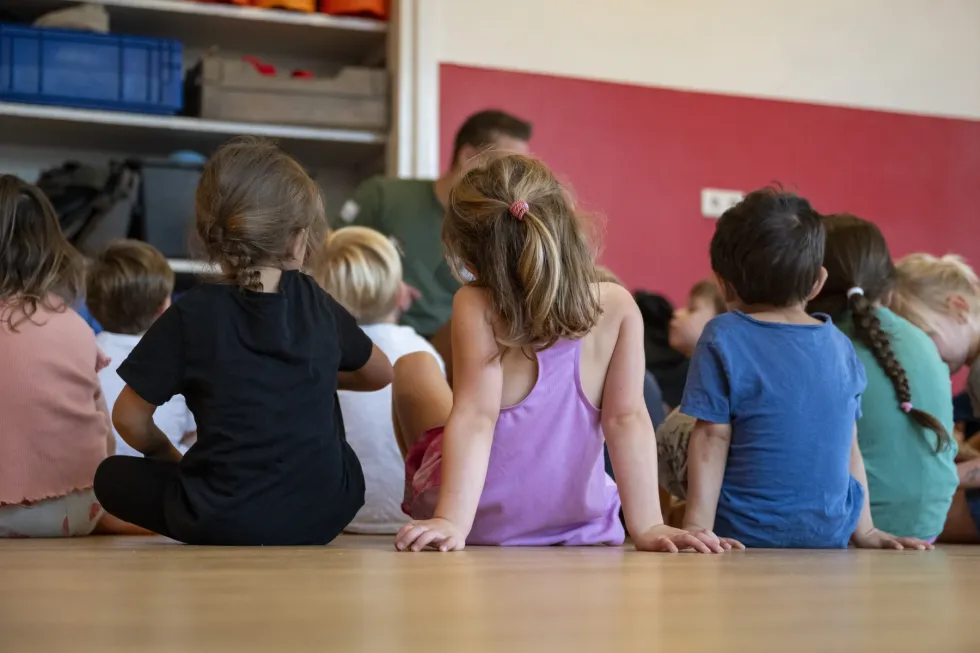
All young people using NHS gender services can take part in the study (file photo)
|GETTY
Under-18s involved in the study and their parents will complete a series of questionnaires which will focus on gender identity, physical and mental health, quality of life and wellbeing.
The surveys will also ask children how they feel about their bodies, their relationships and their school life.
They will be tracked for a number of years, and their information will be linked to their health and education records.
The study is observational, which means the research team will track children over time without changing any elements of their care.
Dr Michael Absoud, deputy chief investigator at King’s College London, said: "We hope to understand how different types of support, whether it be it psychological, medical, educational, social, can best promote young people’s wellbeing."
Puberty blockers are not prescribed on the NHS to children for the treatment of gender dysphoria following a ban.
Plans remain in place to set up a clinical trial into the use of puberty blockers in children, although no patients have yet been recruited while ethical and regulatory approval is awaited.
Experts from the new trial expect some of the children they will study will be part of the puberty blocker trial.
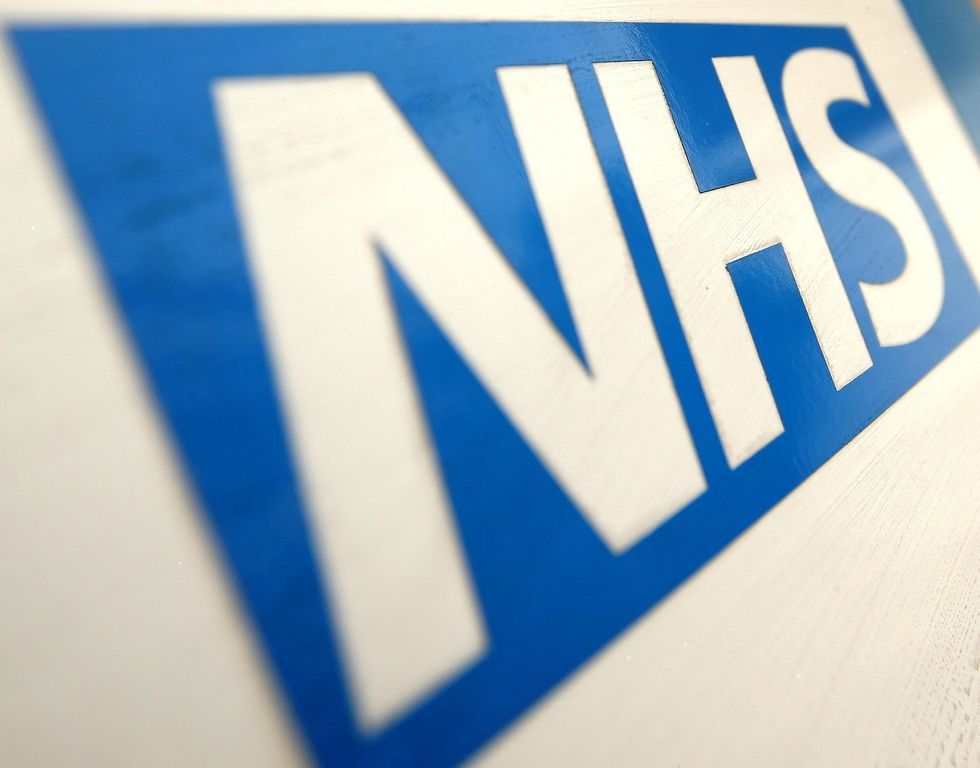
The NHS offers gender support services to young people
|PA
The studies will be "linked" but will run independently.
Two children’s gender hubs, led by London’s Great Ormond Street Hospital and Alder Hey Children’s Hospital in Liverpool, opened in April 2024.
This followed the closure of the gender identity development service run by the Tavistock and Portman NHS Foundation Trust.
A third service opened in Bristol last November, while another is planned for the east of England and is expected to open soon.
The aim is for there to eventually be up to eight specialist children’s gender clinics covering the seven NHS regions in England.
More From GB News


